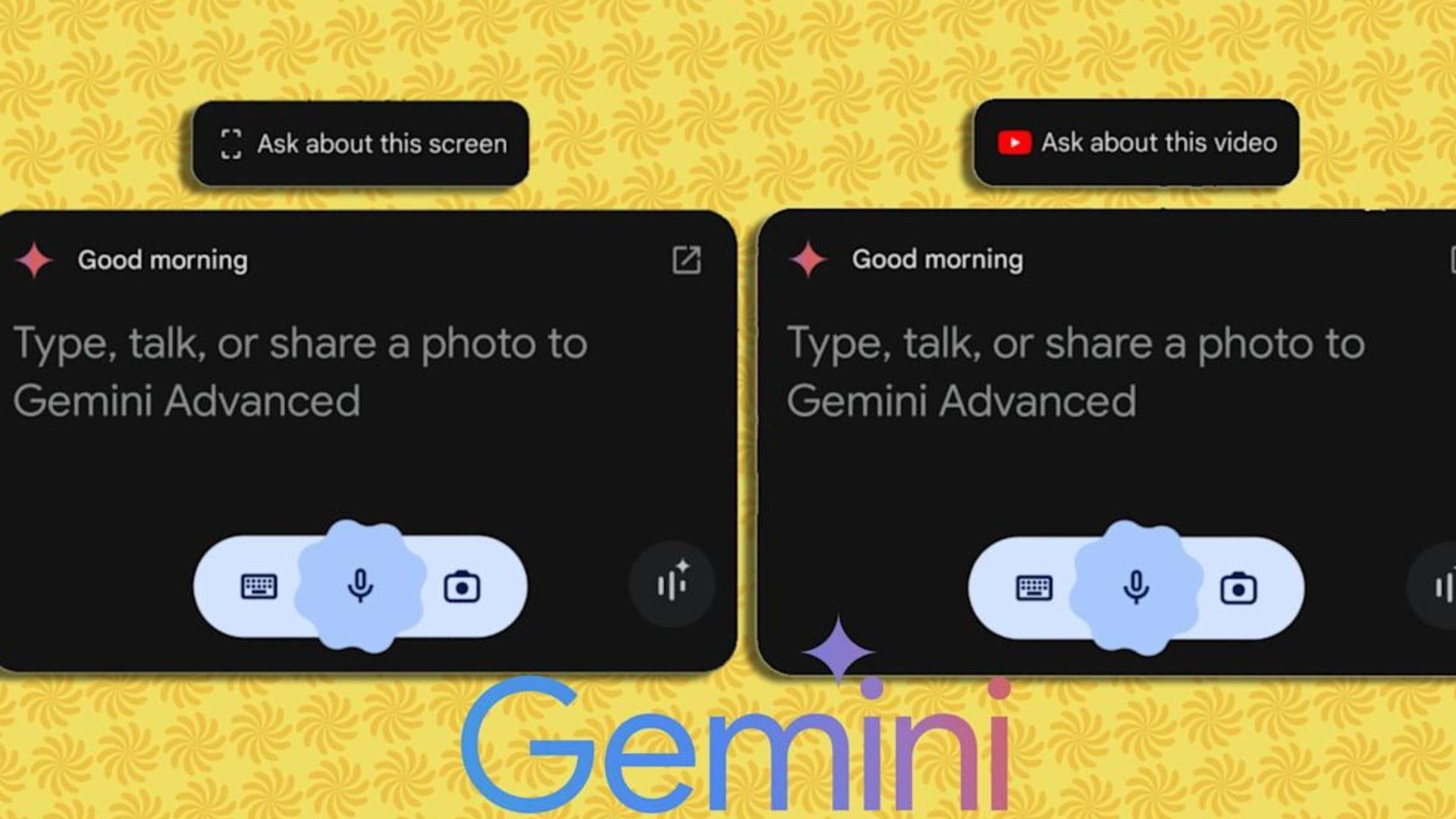Google’s Gemini now lets you ask questions using videos and screen content
Google’s Gemini lets you ask questions using videos and your screen’s content, making AI searches more interactive and helpful in real time.

Google is enhancing its AI assistant, Gemini, with new features allowing you to ask questions using video and live video content from your phone screen. These updates aim to make the AI assistant more interactive and useful in everyday situations.
Table Of Content
The new ‘Screenshare’ feature enhances interaction
At the Mobile World Congress (MWC) 2025 in Barcelona, Google introduced a new feature called “Screenshare.” This function lets you share what’s on your screen with Gemini and ask questions about it in real-time.
For instance, the demonstration at MWC showed a user browsing for a pair of baggy jeans online. The user then asked Gemini for styling suggestions, and the AI provided recommendations on clothing items that would complement the jeans. This feature could help users get instant advice while shopping, researching, or navigating various apps.
Video search makes AI more dynamic
Google is also introducing a video-based search feature, which was first teased during Google I/O last year. With this update, you can record a video and ask Gemini questions about what you’re filming. This function makes analyzing objects, scenes, or situations easier in real-time.
For example, you could take a video of a mechanical issue with your car and ask Gemini what might be wrong, or record a dish clip at a restaurant and get instant recommendations for similar recipes.
Availability for Gemini Advanced users
Google confirmed that these new features will be rolled out to Gemini Advanced users who subscribe to the Google One AI Premium plan. The update will be available on Android devices later this month.
These additions highlight Google’s efforts to make AI assistance more practical and accessible, offering new ways to interact with technology beyond traditional text-based searches.
















